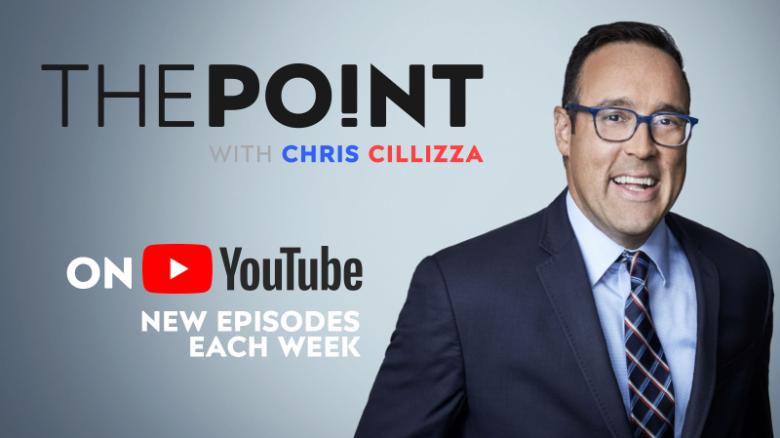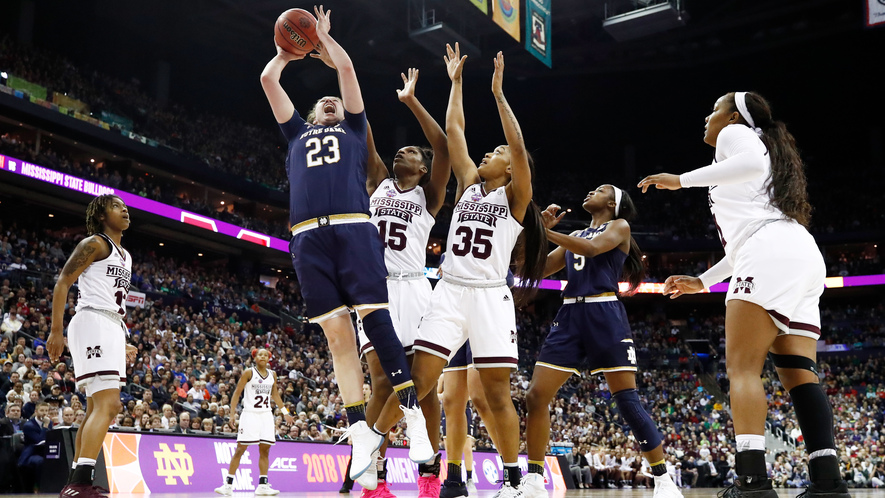Mitt Romney finally drew a line in the sand against Donald Trump
(CNN)The easy thing for Mitt Romney to do would have been to side with the rest of his Republican colleagues and vote to acquit President Donald Trump on the two articles of impeachment against him.
Sure, it would have earned him the disapproval of liberals on Twitter. And a few op-eds might condemn him. But a vote to acquit would have minimal actual political consequences for Romney.
Which makes it all the more remarkable that Romney announced, in a stirring and emotional speech on the Senate floor Wednesday afternoon, that he would break with his party and vote to convict Trump on abuse of power -- a genuinely stunning moment in a process in which the ultimate outcome (a Trump acquittal) has long been known.
Romney acknowledged that he was purposely choosing the harder path in choosing the way he did. As he put it:
"I am aware that there are people in my party and in my state who will strenuously disapprove of my decision, and in some quarters, I will be vehemently denounced. I am sure to hear abuse from the President and his supporters. Does anyone seriously believe I would consent to these consequences other than from an inescapable conviction that my oath before God demanded it of me?"
He's right. Politically speaking, this may well be the wrong decision for him -- even though he isn't up for another term until 2024 and Utah, despite being quite conservative, isn't exactly Trump country.
"Mitt Romney is forever bitter that he will never be POTUS," tweeted Donald Trump Jr. about the Utah senator's decision. "He was too weak to beat the Democrats then so he's joining them now. He's now officially a member of the resistance & should be expelled from the @GOP." The Republican National Committee blasted out a press release to reporters with the subject line: "Mitt Romney turns his back on Utah." (Reminder: Romney was the Republican presidential nominee in 2012.)
Many of Romney's colleagues -- clearly worried about angering the likes of the President and his always-loyal, never-questioning base -- found increasingly hard-to-explain ways to justify their decision to avoid the political consequences of a vote to remove the president.
Sen. Lamar Alexander of Tennessee said that Trump had acted inappropriately but that, at the end of the day, his conduct wasn't impeachable. Ditto Alaska Sen. Lisa Murkowski. Maine Sen. Susan Collins, who along with Romney voted to call witnesses, made the outlandish claim that "the President has learned from this case" and that Trump "will be much more cautious in the future."
Within hours, when asked about Collins' comments, Trump reiterated that his July 25, 2019, call with Ukrainian President Volodymyr Zelensky was "perfect" -- making clear he had learned absolutely nothing from the impeachment proceedings.
Romney took a different course, making clear in his speech that this was about doing what he believed to be morally right, not politically right. These lines from his floor speech Wednesday powerfully make that point:
"Many demand that, in their words, 'I stand with the team.' I can assure you that that thought has been very much on my mind. I support a great deal of what the President has done. I have voted with him 80% of the time. But my promise before God to apply impartial justice required that I put my personal feelings and biases aside. Were I to ignore the evidence that has been presented, and disregard what I believe my oath and the Constitution demands of me for the sake of a partisan end, it would, I fear, expose my character to history's rebuke and the censure of my own conscience."
There are things that matter more, Romney was telling his party, than political calculation or the cult of personality that Trump has built over these past 3+ years. There are decisions that transcend the zero-sum game of politics. There are votes that are remembered in history. And this is one of those votes.
To be clear: Romney will not lead a revolt against Trump -- on this impeachment vote or more generally. He will be the lone Republican senator to vote to convict Trump on either article of impeachment. Romney will face down the disapprobation of the President and his minions alone.
Which makes what he did all the more remarkable. He knew what voting to convict Trump would mean -- for him, his family and his political future. And he did it anyway.
"I am a profoundly religious person," Romney said, choking up as he sought to get the words out. "I take an oath before God as enormously consequential. I knew from the outset that being tasked with judging the President, the leader of my own party, would be the most difficult decision I have ever faced. I was not wrong."
No, he was not.




















